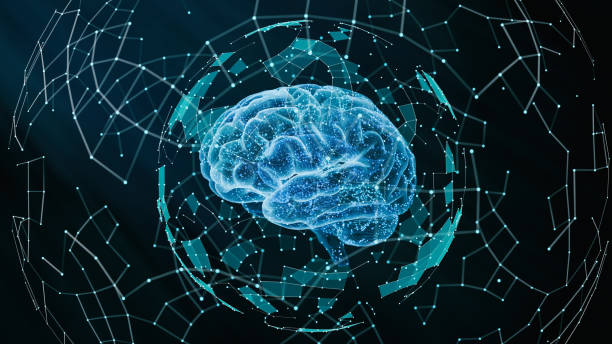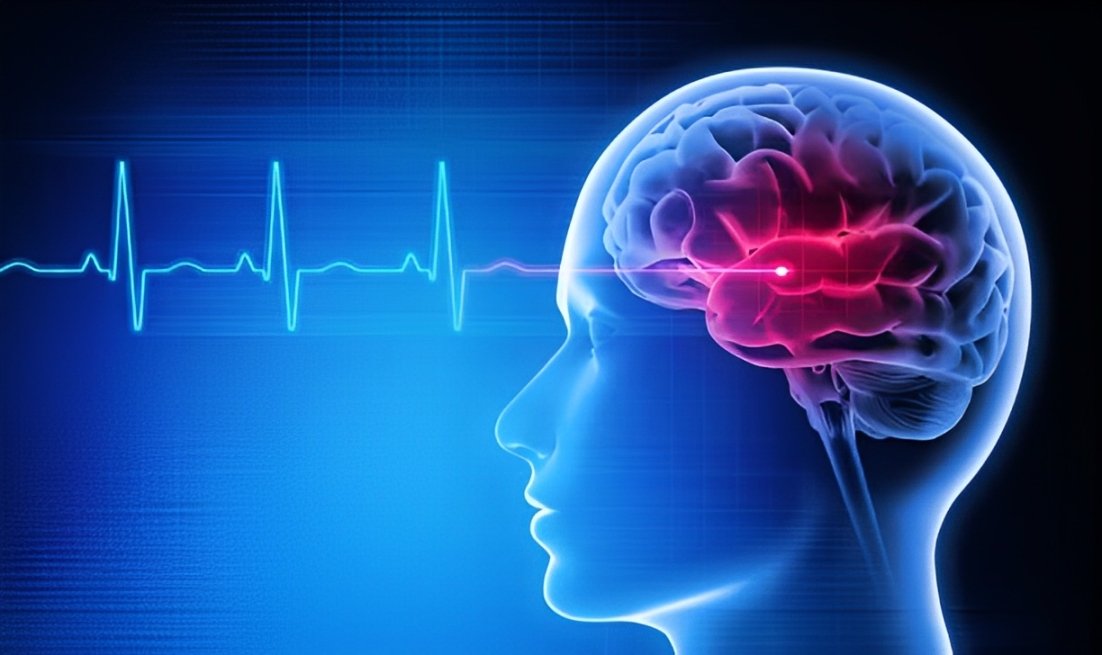Explore the importance of mental health, common mental health’s conditions, and tips for maintaining well-being. Understand the causes, signs, and how to seek support for a balanced life.
Introduction
Mental health’s plays a critical role in shaping our lives, influencing how we think, feel, and act. It impacts how we cope with stress, how we interact with others, and how we make decisions. With mental health becoming a major topic of discussion in today’s society, it’s essential to understand what it means, the factors affecting it, and how we can maintain or restore our mental well-being.
In this comprehensive guide, we will explore the importance of mental health’s , common mental health conditions, signs to watch for, and proven methods for enhancing and preserving mental well-being. Whether you’re seeking personal insights or looking to help someone else, this article will provide you with valuable, evidence-based information.
What is Mental Health?
Mental health is more than the absence of mental illness. It is a state of well-being in which an individual can realize their own potential, manage the normal stresses of life, work productively, and contribute to their community. Good mental health is essential for leading a fulfilling life, as it allows people to cope with life’s challenges and function effectively in society.
Key aspects of mental health include:
-
Emotional Health: How well you manage your feelings, such as happiness, sadness, anxiety, and fear.
-
Psychological Health: The state of your thoughts, attitudes, and mindsets. It involves self-esteem, cognitive flexibility, and the ability to problem-solve.
-
Social Health: How you interact with others, your relationships, and your sense of belonging in society.
Mental health affects how individuals handle daily tasks and face challenges, so understanding it is fundamental for both personal and community well-being.

The Importance of Mental Health
Mental health is crucial for several reasons:
-
Overall Well-being: Mental health is interlinked with physical health. Poor mental health’s can lead to chronic conditions like heart disease or diabetes, and vice versa.
-
Productivity: Mental well-being improves cognitive function, enabling better concentration, decision-making, and performance in work and daily life.
-
Relationships: Individuals with good mental health are more likely to form and maintain meaningful relationships.
-
Personal Fulfillment: Mental health’s influences your happiness, confidence, and sense of purpose.
When mental health is neglected, it can lead to challenges such as stress, burnout, depression, or anxiety, affecting all aspects of life. Maintaining mental health’s is an ongoing process, requiring attention, self-care, and sometimes, professional help.
Common Mental Health Conditions
Several mental health conditions can affect individuals. Understanding these conditions is vital for recognizing symptoms early and seeking help when necessary.
1. Depression
Depression is more than just feeling sad. It is a pervasive mood disorder that affects a person’s thoughts, behavior, and overall functioning. Common symptoms include persistent feelings of sadness, hopelessness, lack of energy, and a disinterest in activities once enjoyed. Depression can be triggered by genetic factors, life events, or prolonged stress.
2. Anxiety Disorders
Anxiety disorders involve excessive worry or fear that interferes with daily activities. Generalized Anxiety Disorder (GAD), Panic Disorder, and Social Anxiety Disorder are some of the most common forms. Symptoms can include restlessness, irritability, physical symptoms like trembling, and difficulty concentrating.
3. Bipolar Disorder
Bipolar disorder is characterized by extreme mood swings, including emotional highs (mania) and lows (depression). These mood shifts can affect a person’s ability to function and are often mistaken for emotional reactions to stress or other life events.
4. Post-Traumatic Stress Disorder (PTSD)
PTSD can occur after an individual experiences or witnesses a traumatic event. People with PTSD may experience flashbacks, nightmares, and intense emotional reactions when reminded of the trauma. It can cause lasting distress, affecting one’s ability to cope with everyday life.
5. Schizophrenia
Schizophrenia is a serious mental illness that affects thinking, behavior, and emotional regulation. It is often characterized by delusions, hallucinations, and disorganized thinking. Early diagnosis and treatment are essential for managing the symptoms of schizophrenia effectively.
6. Obsessive-Compulsive Disorder (OCD)
OCD involves unwanted and intrusive thoughts (obsessions) that lead to repetitive behaviors (compulsions). Individuals may feel compelled to perform specific actions, such as washing hands repeatedly, to relieve anxiety or prevent something bad from happening.

The Causes of Mental Health Issues
Mental health’s conditions can arise due to a variety of factors, often combining in complex ways. Understanding the causes is vital for prevention and treatment.
1. Biological Factors
-
Genetics: Family history of mental health issues can increase the likelihood of developing similar conditions.
-
Brain Chemistry: Imbalances in neurotransmitters and hormones can lead to mental health’s disorders like depression or anxiety.
-
Physical Health: Conditions like brain injury or chronic illnesses can contribute to mental health problems.
2. Environmental Factors
-
Trauma: Physical or emotional trauma, such as abuse or a life-threatening experience, can trigger mental health problems.
-
Chronic Stress: Prolonged stress, whether from work, family, or other life pressures, can take a toll on mental well-being.
-
Social and Cultural Factors: Discrimination, societal pressure, or lack of support systems can influence mental health’s outcomes.
3. Life Events
-
Loss of a Loved One: Grief from losing someone close can lead to mental health struggles, including depression or PTSD.
-
Major Life Changes: Transitions like moving, changing jobs, or experiencing financial strain can cause mental distress.
-
Social Isolation: Lack of social support or loneliness can contribute to feelings of hopelessness or depression.
Signs of Mental Health Problems
It’s essential to recognize early signs of mental health’s problems to seek timely help. While everyone experiences emotional ups and downs, persistent or severe changes in behavior can signal a mental health concern. Watch for:
-
Withdrawal from social activities: Avoiding friends, family, or usual hobbies.
-
Mood changes: Extreme shifts in emotions or prolonged feelings of sadness or irritability.
-
Physical symptoms: Unexplained headaches, stomachaches, or sleep disturbances.
-
Poor concentration: Difficulty focusing on tasks or making decisions.
-
Feelings of worthlessness: A lack of self-esteem or guilt over things beyond your control.
If these symptoms persist for several weeks, it’s important to consult with a healthcare professional for an accurate diagnosis and possible treatment.

How to Maintain Good Mental Health
Maintaining mental health’s requires proactive measures. Here are some strategies for preserving your well-being:
1. Exercise Regularly
Physical activity has a direct effect on mental well-being. It helps reduce stress, anxiety, and depression by releasing endorphins, also known as “feel-good” hormones. Exercise also improves sleep and boosts self-confidence.
2. Eat a Balanced Diet
What you eat impacts your brain health. A diet rich in nutrients, including omega-3 fatty acids, antioxidants, and vitamins, supports brain function and reduces the risk of developing mental health issues.
3. Practice Mindfulness and Meditation
Mindfulness exercises and meditation help calm the mind, reduce stress, and improve overall mental health. Mindfulness encourages present-moment awareness, which can lower anxiety levels and foster emotional regulation.
4. Maintain Strong Relationships
Social support is crucial for good mental health’s. Building and maintaining close relationships with friends, family, or support groups can offer emotional stability and a sense of belonging.
5. Get Enough Sleep
Sleep is essential for mental health. Lack of sleep can contribute to feelings of irritability, anxiety, and depression. Aim for 7-9 hours of restful sleep each night to allow your mind and body to recover.
6. Seek Professional Help
Therapists, counselors, and psychiatrists provide essential support when mental health’s issues become overwhelming. Therapy, medication, or a combination of both can help individuals manage symptoms and improve their overall mental well-being.

Conclusion
Mental health is a vital part of our overall well-being and is closely linked to how we live our lives, manage stress, and form relationships. Understanding mental health conditions, recognizing the signs, and taking proactive steps to maintain well-being are crucial for a fulfilling life.
By addressing mental health’s with the same priority as physical health, individuals can lead happier, more balanced lives. If you or someone you know is struggling with mental health’s challenges, remember that help is available, and seeking support is the first step toward recovery.





